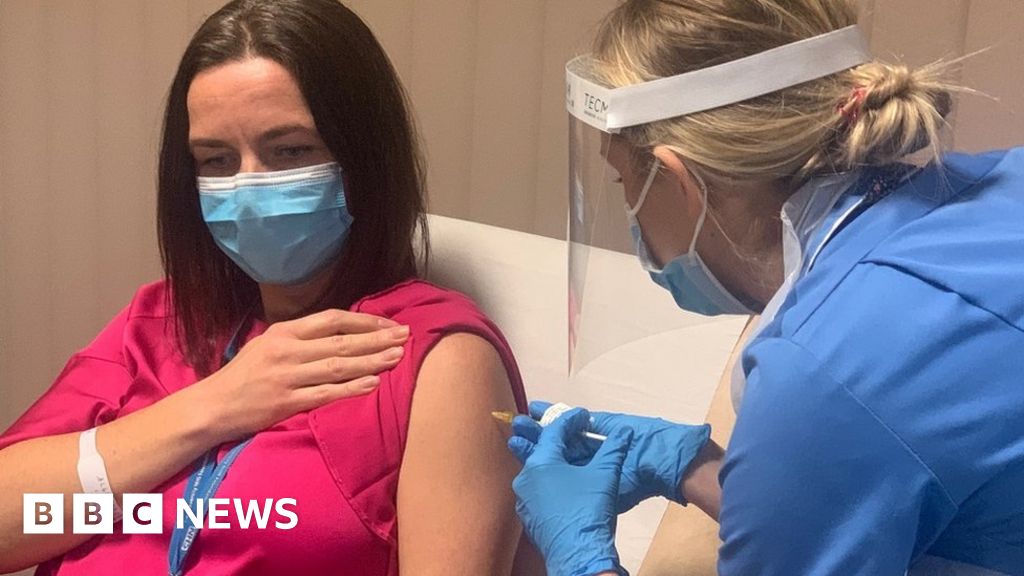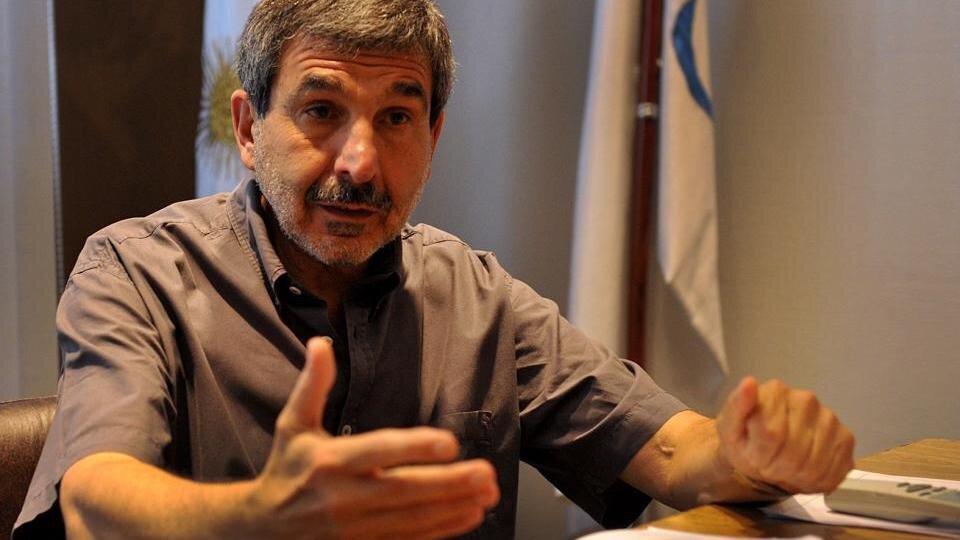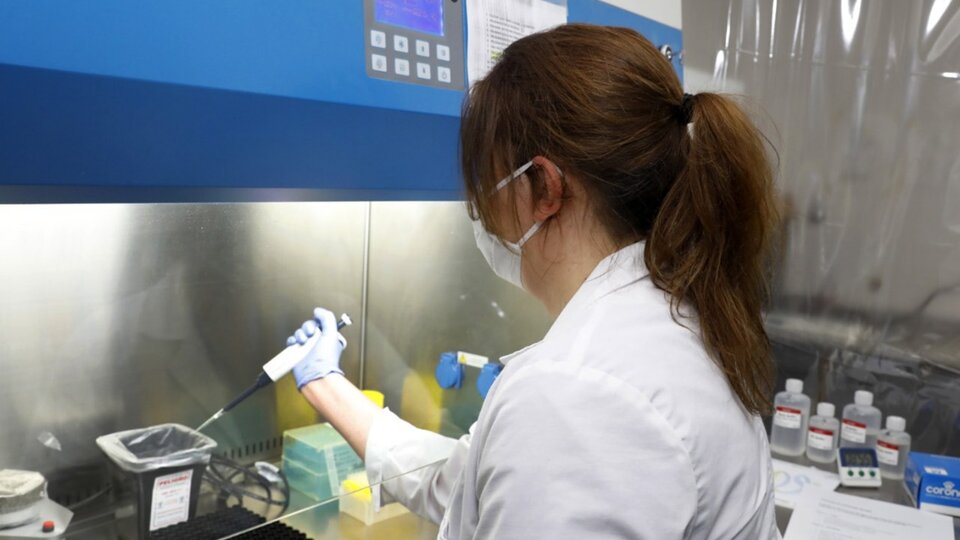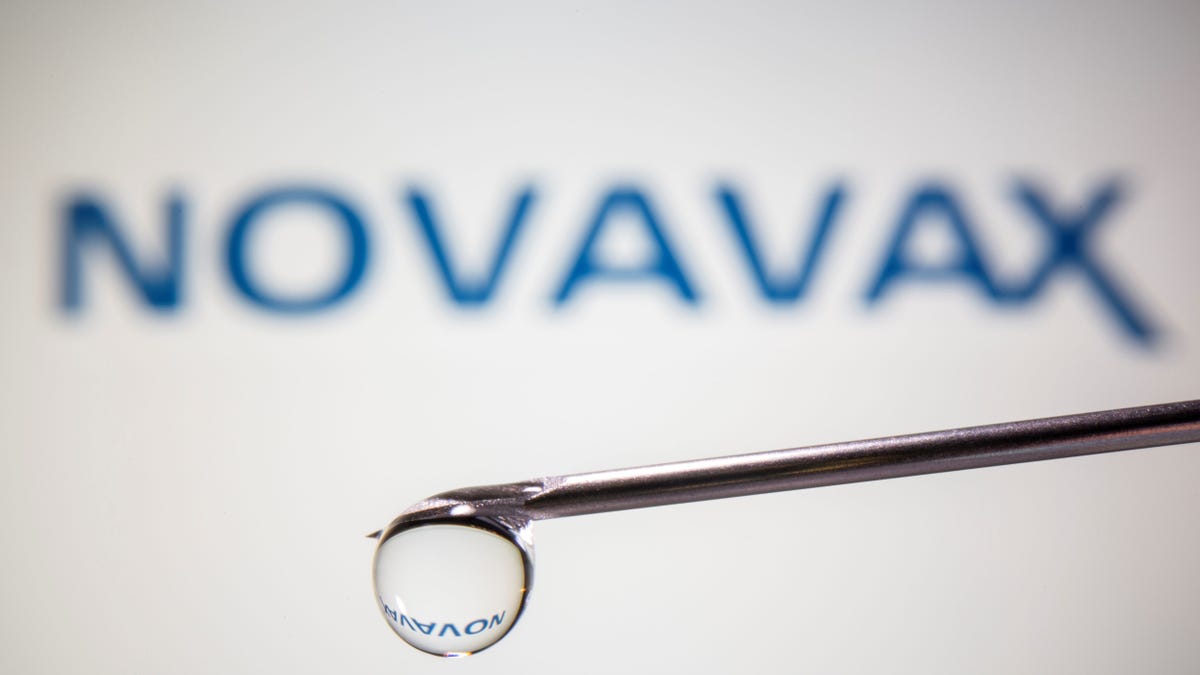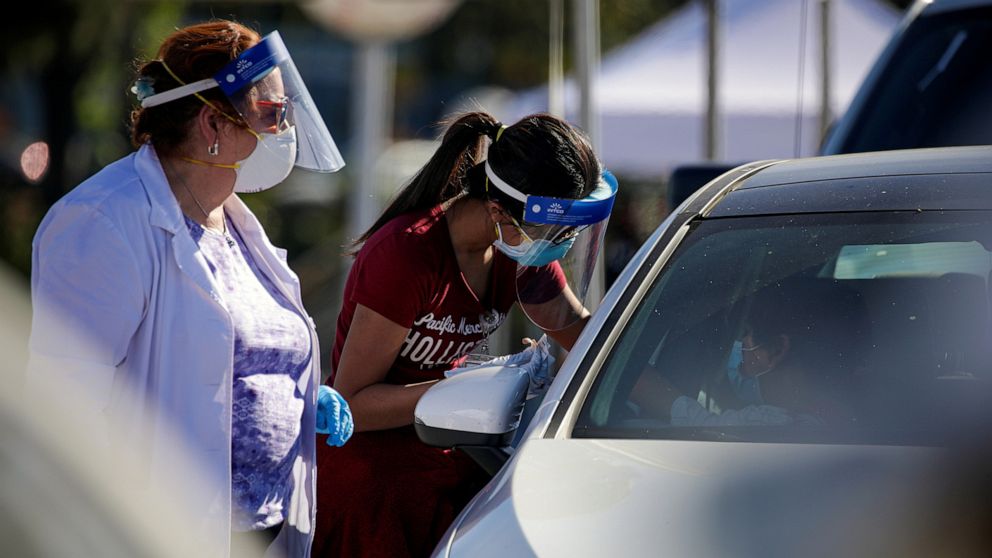gracielle
Registered
- Joined
- Jun 6, 2005
- Messages
- 3,754
- Likes
- 3,100

Plitidepsin found to work better than remdesivir for treating COVID-19
A large team of researchers affiliated with a host of institutions in the U.S., France and Spain has found that the drug plitidepsin worked better at treating COVID-19 than did remdesivir in a lab setting. In their paper published in the journal Science, the group describes their study of the...
Plitidepsin Shows Promise against SARS-CoV-2 in Preclinical Models
Working in preclinical models, researchers report that plitidepsin is more potent against SARS-CoV-2 than remdesivir.

